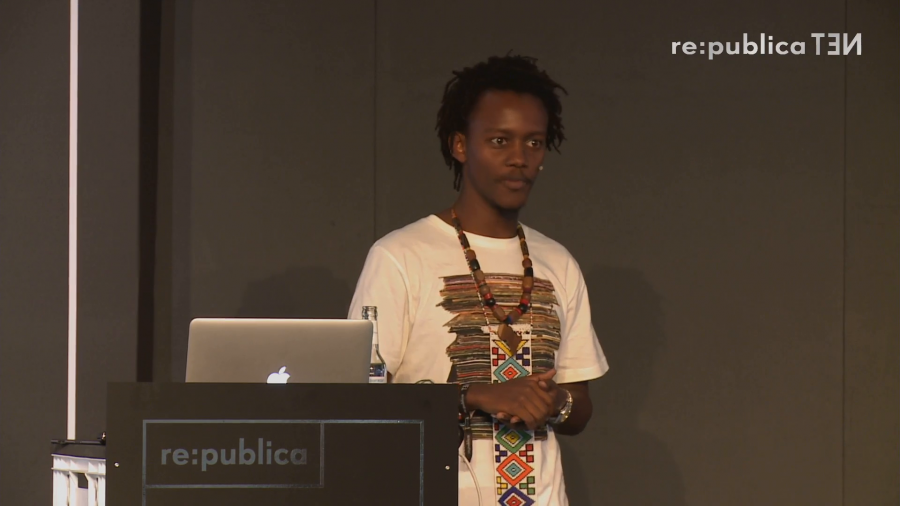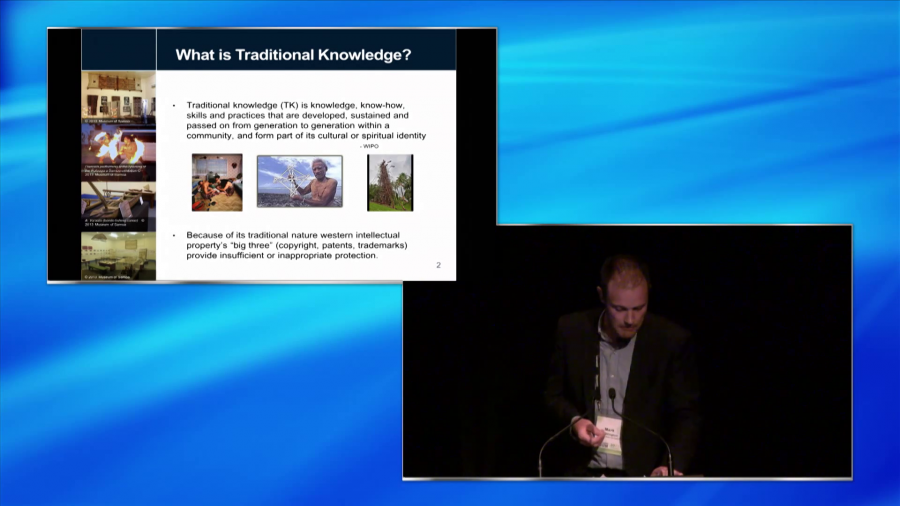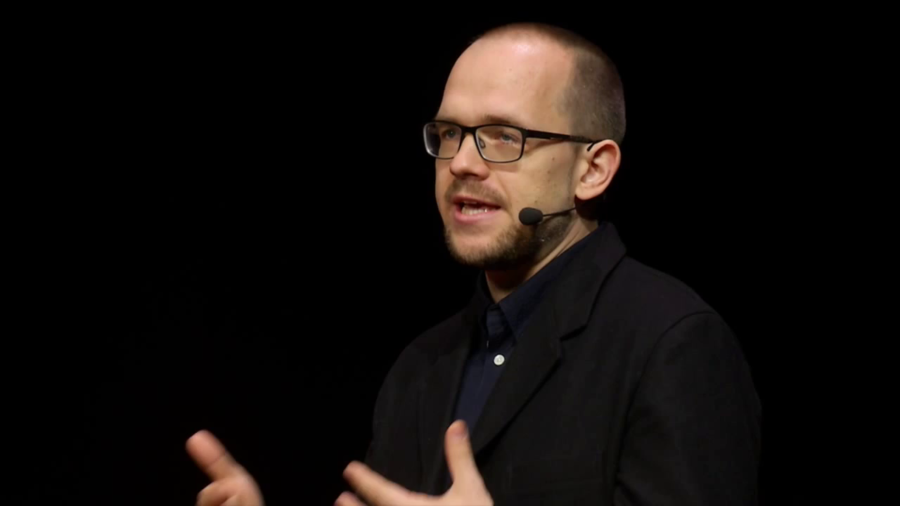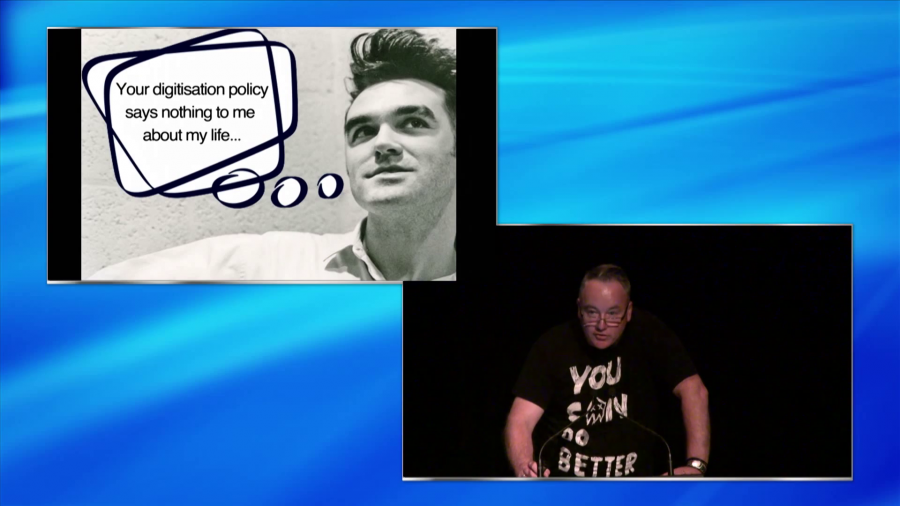There was really no real security built, other than things like passwords and maybe some encryption here or there. And the attitude that my boss had at National Science Foundation was, “That’s not our concern. This is for the academics. People want to build in all kinds of security, that’s somebody else’s problem.” I think that was a very valid point at that time, but that was 1990.
Archive
We’re at a thousand dollars per gigabyte, which is what current disk drives cost. The twenty terabytes that people estimate in ASCII that’s in the Library of Congress is just twenty million dollars. So that’s not very much money in terms of being able to store and retrieve the Library of Congress.

I’m going to take you through a project that I started back home in Kenya that aims to collect vinyl that people just have chilling around at home. Basically we used to have the only pressing plant in East Africa between 1976 and 1990, and we used to press about a hundred and thirty thousand LPs every year. But right now there are lots of people who have those, but they’re not doing anything with them.

So what would this mean for those with an interest in digitization? Despite being a new legal framework, the proposal may lead to some familiar problems for cultural heritage institutions. Many of you are aware of the problem of orphan works in copyright. This is where the owner of a protected work is unidentifiable or uncontactable, and because they can’t be found it follows that they can’t grant permission to others to copy their work.



